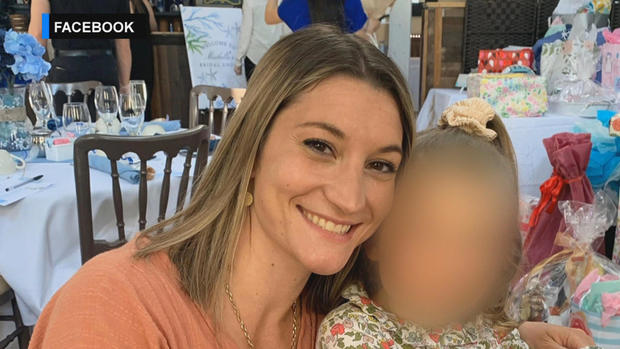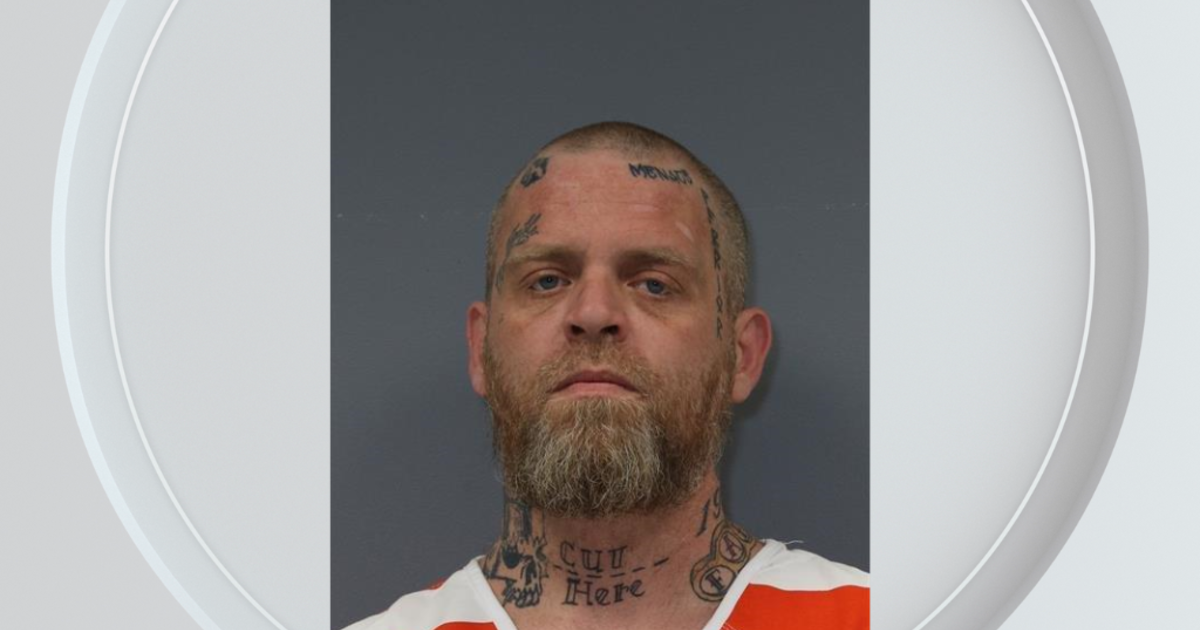Husband of Duxbury mother accused of strangling their 3 kids opens up to The New Yorker
BOSTON - In his first sit down interview with a news outlet, Patrick Clancy, whose wife is accused of murdering their three children, spoke with Eren Orbey at The New Yorker about the months and days leading up to the killings and how he feels about his wife now.
Lindsay Clancy is currently living in a psychiatric hospital awaiting a first-degree murder trial for strangling their three kids, ages 5, 3, and 8 months, before attempting her own suicide in Duxbury in January of 2023.
"There's no house anymore," Patrick told The New Yorker. "There are no kids. All that's left is me and Lindsay."
More than a year and half later, Patrick reiterated in his interview that he believes his wife was not in her right mind.
"I wasn't married to a monster"
"I wasn't married to a monster-I was married to someone who got sick," he said.
Prosecutors say Lindsay Clancy researched ways to kill on her phone and sent Patrick to get takeout from a restaurant that was farther away than usual. Lindsay said she suffered from a "moment of psychosis" after hallucinating and hearing a voice that told her to kill herself and the children.
According to The New Yorker, Lindsay was hospitalized at McLean, a psychiatric facility, less than a month before the incident. The article states she was on 13 psychiatric drugs over four months but fewer in the days leading up to the killings.
Patrick said none of her mental health providers warned him of a condition called postpartum psychosis, which is a rare condition which impacts roughly 4,000 new mothers in the U.S. each year.
According to the Maternal Mental Health Leadership Alliance, approximately 1,000 women are incarcerated in the U.S. for homicides committed during the first year following pregnancy and most experience severe postpartum mental illness, including postpartum depression or postpartum psychosis.
"If I could go back in time, I'd have called McLean and said, 'Take her away, lock the door. Keep her in there for a year if you have to,'" Patrick told the magazine.
Gaps in health care for new moms
Jamie Belsito, the founder of the Maternal Mental Health Leadership Alliance, who had her own battle with postpartum depression, says the Clancy tragedy shows that there are still gaps in health care for new moms. She says screening for mental health issues and education are vital.
"She had Googled postpartum depression, had reached out to her doctors, had gone to two gold star facilities that deal with mental illness," Belsito said, "Lactation consultant, their doula, their midwife, their pediatrician, let's make sure this information is readily available anywhere a new mom is going to go."
After six months of not speaking with his wife, Patrick told The New Yorker he finally asked her about what led to the killings.
"'Did you plan this? Is that why you sent me out?'" he asked, "She said, 'No, it just was, like, a snap of the fingers.'"
"She misses her kids," he told the magazine, "Which I know sounds crazy to some people. But that's the reality."









